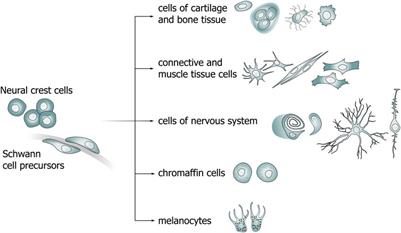ORIGINAL RESEARCH
Published on 24 Jan 2025
Reduction in thermal plasticity of life history traits in response to cold selection: an experimental evolution study using Drosophila melanogaster
doi 10.3389/fevo.2024.1452948
- 768 views
3,027
Total downloads
14k
Total views and downloads
ORIGINAL RESEARCH
Published on 24 Jan 2025
BRIEF RESEARCH REPORT
Published on 06 Nov 2024
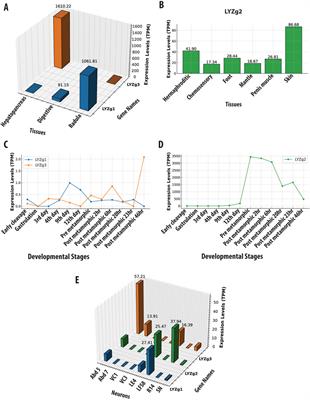
OPINION
Published on 24 Oct 2024

REVIEW
Published on 16 Oct 2024
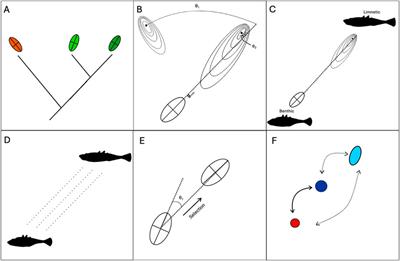
PERSPECTIVE
Published on 30 Sep 2024
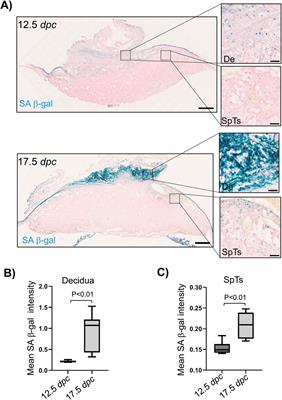
ORIGINAL RESEARCH
Published on 20 Aug 2024
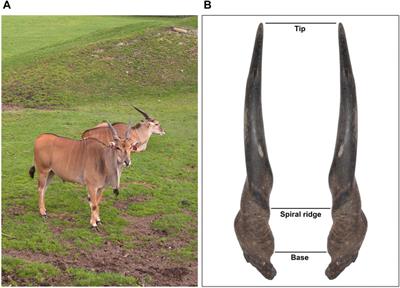
HYPOTHESIS AND THEORY
Published on 12 Jul 2024
REVIEW
Published on 26 Jun 2024
